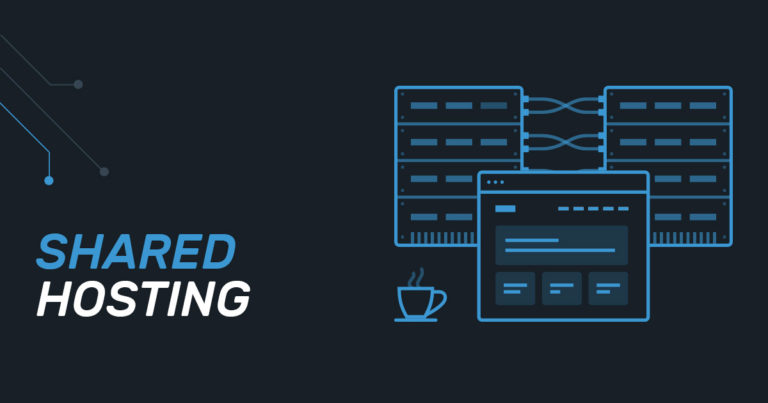Themes
Light
Dark
Features
Desktop View
Hide Offers Popups
Quick Links
Do you offer Shell Access?
Shell access or SSH is available free of charge on all of our hosting plans. This is a secured shell environment that is locked down to your specific hosting account. To enable it, please contact support after setting up your account.
Can I get root access?
No, root access is not available on any of our shared hosting plans. If you require root access with your hosting, we would recommend you purchase a cloud vps or dedicated server.
Copyright
Copyright © 2018 - 2023, sHost. All Rights Reserved. The sHost is a part of Sinhcoms LLP

